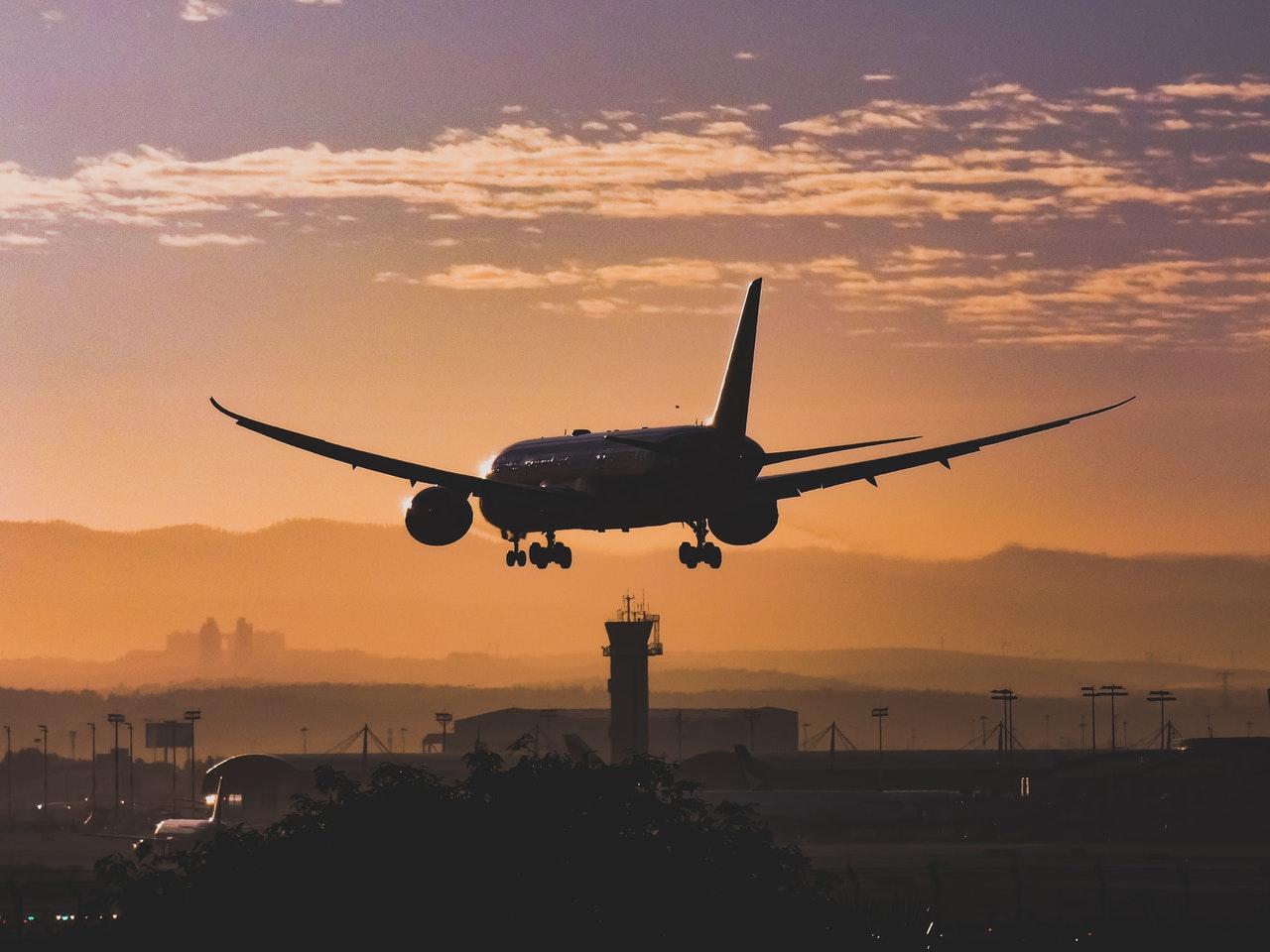It Hopes To Get the Planes Back in the Air in the Near Future
Boeing announced it had finished updating the software of its 737 Max airplanes. This is seen as an important step toward getting the planes in the air once again after authorities across the world grounded the planes in the wake of two deadly plane crashes.
U.S. investors responded positively to the announcement. Boeing shares rose nearly 3% in the aftermath of it. As part of the announcement, Boeing said that it would soon schedule what is called a certification flight with the U.S. Federal Aviation Authority (FAA).
In March of this year, a 737 Max airliner in Ethiopia experienced a deadly crash, which was the second fatal crash of the popular plane in less than 6 months. A failure in the plane’s automated anti-stall system has been said to have been the cause of both crashes, and because of it, authorities worldwide grounded almost 400 737 Max planes indefinitely.
The automated anti-stall system is called MCAS, and it causes the plane to continually lower its nose when its software senses that the airplane is about to stall. Keeping the plane’s nose down is actually the proper way to prevent a stall, but if a plane is not actually experiencing a stall, putting the plane into this position can cause a catastrophe. In both crashes, investigators have said that the fault lied in the system’s sensors, which provided the system with incorrect data.
Boeing insists that the software update has fixed all problems with the MCAS.
The company has indicated that, since it made updates to its software, it has flown the 737 Max planes on more than 200 flights, which have included more 350 flight hours. The company has further made updates to its training materials for the plane, which it plans on distributing to pilots around the world who fly the plane.
Incredibly, a significant number of 737 Max pilots did not even know that the MCAS existed before the first of the crashes. This happened last October on a Lion Air Flight 610 that killed all 189 people who were traveling on it. During the transition from the older 737 planes to the 737 Max, pilots say that Boeing gave them a small amount of computer-based training, but they insist that the MCAS was never mentioned in this training.
This lack of information on the part of Boeing has understandably upset both pilots and government authorities. Daniel Elwell, who is the acting chief of the FAA, gave testimony on May 15 at a hearing in front of an aviation panel at the U.S. House of Representatives. He said that Boeing should have included information about the MCAS in the 737 Max manuals.
In spite of this glaring omission, the FAA still approved the 737 Max, and many people want to know why. It is currently the subject of more than one federal investigation.
The software update does not mean that the airplanes will be flying any time soon. The FAA and other aviation authorities from across the world still must test the plane, and this is expected to take several months.





